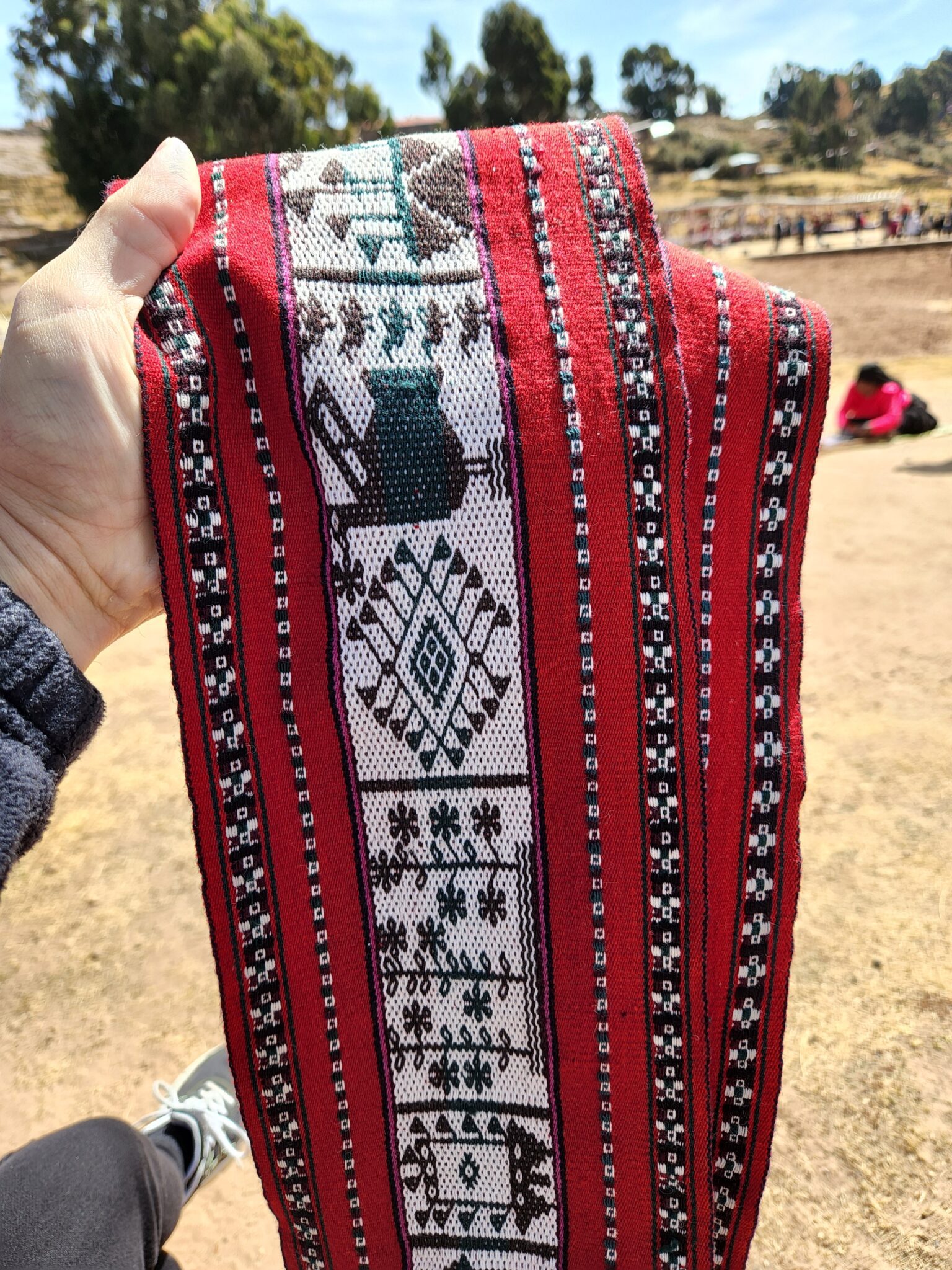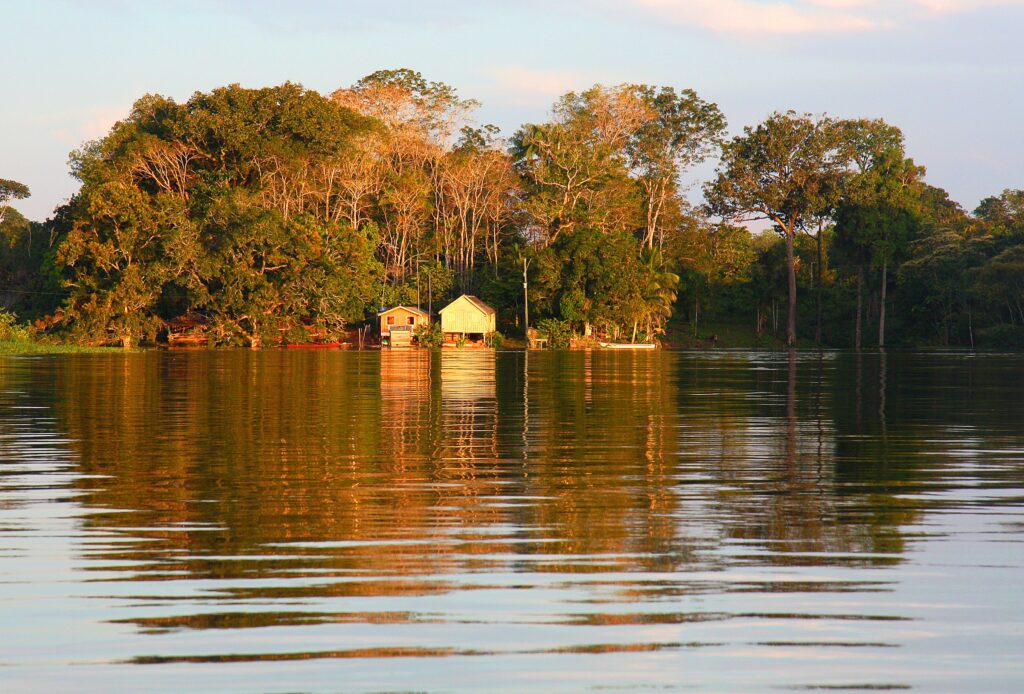The Achuar People of Peru and Ecuador
James Bustamante is Native to New York but born to Peruvian parents. He has been traveling throughout Latin America since early 2003 and finally made his home in Peru. James has made his way by eating and traveling through almost every country in Central and South America.
Last Updated on July 12, 2023 by James Bustamante
The Achuar people are an indigenous ethnic group residing in the Amazon rainforest, primarily in Ecuador and Peru. This native ethnic group is considered to be stewards of the world’s most biodiverse regions.
With a rich cultural heritage deeply rooted in their ancestral lands, the Achuar people have become symbols of resilience, environmental stewardship, and indigenous rights. This article explores the unique characteristics, challenges, and contributions of the Achuar people, shedding light on their vital role in preserving the Amazon rainforest.
Achuar Culture and Identity
The Achuar have a distinct cultural identity shaped by their traditional beliefs, practices, and values. They have a profound spiritual connection with the natural world, perceiving it as a living entity. Their cosmology emphasizes the interdependence between humans and nature, and they revere the spirits present in their surroundings. Achuar spirituality is often expressed through rituals, shamanic practices, and traditional plant medicines.
Territorial Guardians
The Achuar’s ancestral lands in the Amazon rainforest are the foundation of their culture and livelihoods. They possess an intricate understanding of the forest ecosystem, which they rely upon for sustenance and spiritual nourishment. As guardians of their territory, the Achuar employ sustainable practices in hunting, fishing, and agriculture, ensuring the preservation of the delicate balance between humans and nature.
Challenges and Threats
The Achuar people face many challenges threatening their way of life and the Amazon rainforest. One of the most significant challenges is the encroachment of extractive industries, such as oil and mining, which disrupt the delicate ecosystem, pollute waterways, and displace indigenous communities. Deforestation, driven by agriculture, logging, and infrastructure development, poses another grave threat to the Achuar’s ancestral lands and the rich biodiversity it harbors.
Advocacy for Indigenous Rights
In the face of these challenges, the Achuar have emerged as resilient advocates for indigenous rights. They fiercely assert their right to self-determination, demanding recognition and protection of their lands, cultural heritage, and traditional governance systems. The Achuar have engaged in legal battles, grassroots movements, and international collaborations to amplify their voices and bring attention to the importance of indigenous rights and environmental conservation.
The Achuar Population
As of 2021, approximately 20,000 to 25,000 Achuar people live in the Amazon rainforest, primarily in Ecuador and Peru. However, it’s important to note that population figures may vary, and it’s recommended to consult more recent sources or organizations specializing in indigenous populations for the most up-to-date information.
What Is The Achuar Diet Like?
The Achuar people have a traditional diet that primarily consists of foods sourced from their surrounding environment in the Amazon rainforest. Their diet includes a variety of plant-based and animal-based foods. Here are some common food sources for the Achuar:
Plant-Based Foods:
- Fruits: The Achuar gather and consume a wide range of fruits, including bananas, papayas, guavas, mangoes, and various wild fruits in the rainforest.
- Vegetables: They cultivate and consume various vegetables, such as yuca (cassava), sweet potatoes, plantains, maize (corn), beans, and peppers.
- Nuts and Seeds: Achuar gather and consume nuts and seeds, including Brazil nuts, chia seeds, and wild peanuts.
- Roots and Tubers: They also consume roots and tubers like yam, taro, and manioc, which are important staples in their diet.
- Medicinal Plants: The Achuar have extensive knowledge of medicinal plants and utilize them for their healing properties.
Animal-Based Foods:
Fish: Being close to rivers and waterways, the Achuar rely on fish as a significant protein source. They engage in fishing activities using traditional methods.
- Game Animals: Hunting is essential to the Achuar’s traditional subsistence. They hunt animals such as peccaries, monkeys, tapirs, birds, and small game.
- Birds and Eggs: The Achuar also consume various bird species and their eggs.
- Insects: Insects are another source of protein for the Achuar. In the rainforest, they consume edible insects like grubs, ants, and termites.
Other Food Sources:
- Domesticated Animals: Some Achuar communities engage in small-scale animal husbandry, raising chickens, pigs, and goats for meat and other products.
- Cultivated Crops: Alongside gathering and hunting, the Achuar cultivate certain crops like maize, beans, and vegetables in small gardens.
It’s important to note that the specific foods the Achuar consumes may vary depending on factors such as seasonal availability and regional differences. The traditional Achuar diet reflects their deep connection with the rainforest and the sustainable practices passed down through generations.
Preservation and Sustainable Development
Recognizing the need to balance tradition with modern influences, the Achuar strive to preserve their cultural practices while embracing certain aspects of contemporary life. Access to education, healthcare, and communication technologies has become increasingly important for the community, empowering them to navigate the modern world without compromising their identity.
Partnerships for Conservation
The Achuar have fostered partnerships with local and international organizations, NGOs, and researchers to promote conservation, sustainable development, and ecotourism in their territories. These collaborations aim to generate income through responsible tourism while respecting the Achuar’s cultural integrity and environmental values. By sharing their ancestral knowledge and engaging visitors in immersive experiences, the Achuar raises awareness about the Amazon rainforest’s fragility and the urgent need for protection.
Conclusion
The Achuar people are guardians of the Amazon rainforest, embodying the delicate harmony between humans and nature. Their cultural identity, spiritual connection, and sustainable practices demonstrate the importance of indigenous knowledge in preserving one of the world’s most precious ecosystems.
By advocating for their rights and engaging in partnerships for conservation, the Achuar offers a beacon of hope for the future of the Amazon and the invaluable cultural heritage it sustains. As the world navigates the challenges of environmental degradation and cultural erosion, the lessons learned from the Achuar’s wisdom and resilience remind us of the urgency to protect our planet and respect the rights of indigenous communities.



